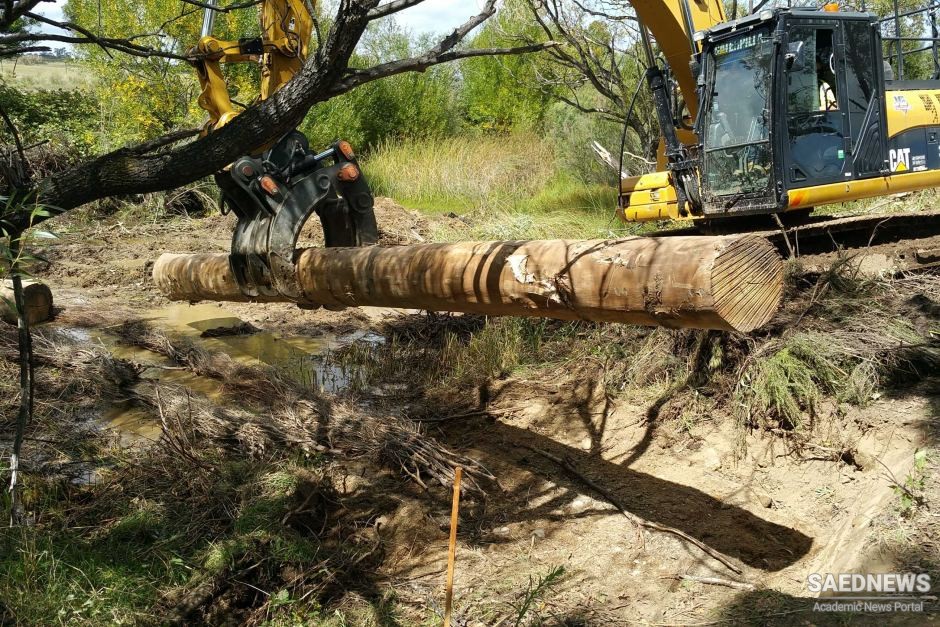It has been estimated that more than two billion people would not be alive today were it not for the invention of the industrial pro cess for making nitrogen fertilizer. Indeed, fertilizers have been branded the principle cause of the human population explosion. The world’s main food crops are estimated to take up around 12 million tonnes (13.2 million U.S. tons) of phosphorus every year, whereas only 4 million tonnes of phosphorus are generated from natural weathering of rock or atmospheric deposition: this highlights civilization’s critical de pen den cy on the supply of artificial fertilizers, and our increasing vulnerability to any shortfall or disruption in supply.
Worldwide, farmers today use seven times more fertilizer than they did a half century ago, and food output has risen two- and- a-half fold. Fertilizers are a vital component of modern mass food- production systems in advanced countries and also a pillar of the most successful outcomes of the Green Revolution in countries such as India and China. Total world fertilizer use in 2010–11 was projected by the FAO to be 211 million tonnes (232 million U.S. tons), leaving a 19 million tonne (21 million U.S. ton) surplus (table 7).
Products derived from nitrogen (N), phosphorus (P), and potassium (K) make up nine- tenths of total global fertilizer consumption. In food production there is no substitute for these three nutrients: they are as essential to plant growth as water or light. If one of them is lacking, plants grow poorly or not at all. A long- running experiment in Kenya shows that the yield of food from a field of maize and beans is four times higher with fertilizer, manure, and stubble retention than without these ways of adding nutrients. All told, researchers have calculated, fertilizers spared us the necessity of cutting down or plowing up an extra 2–3 million square kilometers (0.7–1.2 million square miles) of forest and grassland to feed the world during the last three de cades of the twentieth century.


 Fertilizer Madness
Fertilizer Madness














































